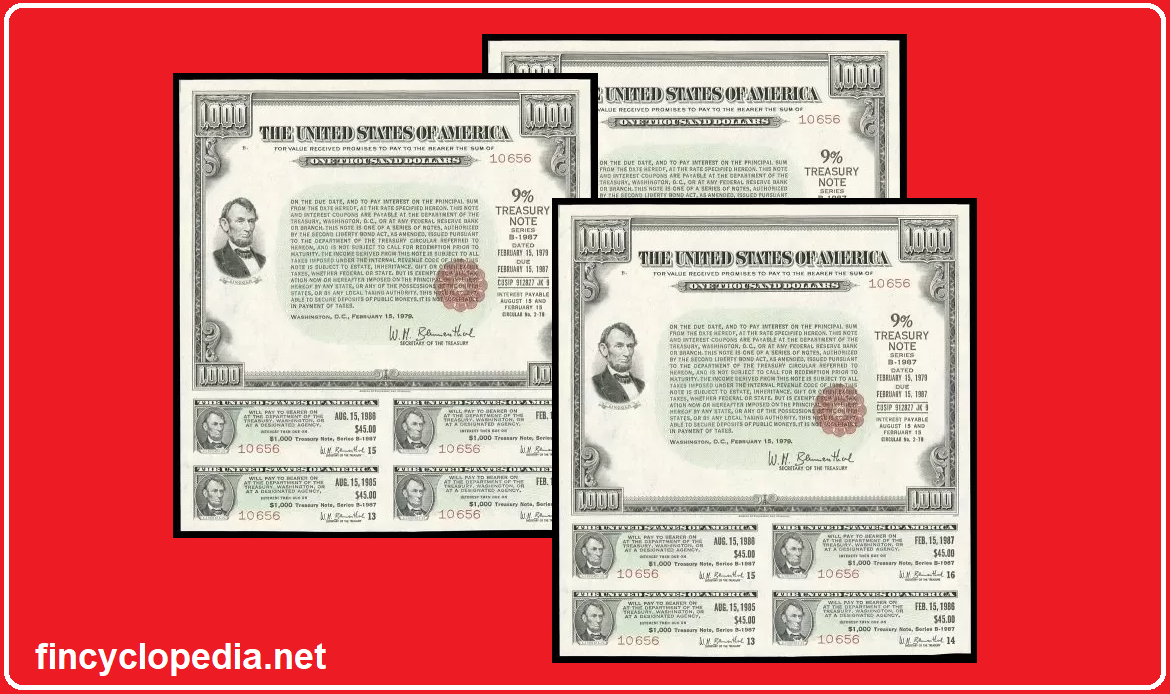Charges that a factor places on a factoring transaction against a set of services/ facilities provided to the seller, including credit control, credit protection, sales ledger maintenance and debt collection, credit risk premium (premium for assuming risk of default or non-payment) and interest on financing provided by the factor to clients (from the drawing date to maturity date of an invoice- typically a monthly invoice).
Factoring charges can generally be classified into three distinct categories of costs:
- Service fee (also known liberally as service charges, factoring commission or factoring fee): it is typically calculated as a percentage of turnover/ invoice value. Service fees include collection and receivables management, and credit protection. For instance, if the service fee is fixed at 1.5% and the invoice value is $10,000, the service fee is $15,00. The percentage of service fee is determined at the initiation of the factoring arrangement, in consideration of multiple factors, such as annual sales volume, number of customers, number of invoices and credit notes, average invoice value, and customer risk. With all other factors held constant, service fee is commonly higher for non-recourse factoring and export factoring than other types.
- Discount charge: the interest charge which is usually measured at a specific rate over and above the annual base rate/ prime/ cost of funds, SOR, etc. (e.g., between 1% and 3%) on the “invoice” until full repayment by the customer. It is charged for the advance extended by the factor. Discount charge is calculated on day to day basis on the amount of “advances outstanding”.
- Handling fee: the fees incurred in specific types of factoring, such as export factoring. The handling fee is determined in relation to invoice value and credit note (e.g., $10 per invoice/ credit note).







